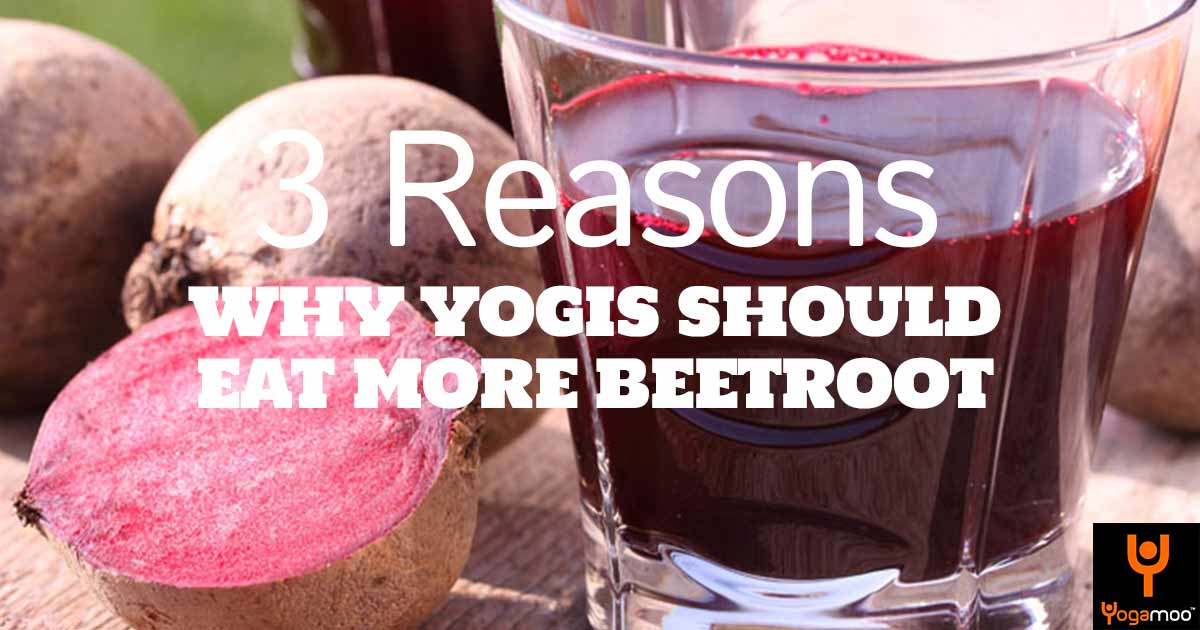When you think of beetroot, it may remind you of your childhood or grandparents. Beets have not been in the forefront of the vegetable news, such as, kale and cauliflower. To explain why, I’ll provide a short history on beetroots. Beetroots are an ancient, prehistoric food that grew naturally along coastlines and enjoyed for centuries due to its sweetness, and used for sugar. It took a turn during the World War II era; the menu served pickled beetroot with strong vinegars that may explain why they lost their appeal.
My memories with beetroots are not much more pleasing, they were always served cold from a can or part of a random salad bar. Although, for my children, who were adopted from the Ukraine, they grew up with Borscht made with fresh beetroot, which is delicious. Beets also made a strong comeback in the 90s, but they were mixed with chocolate to get over the memories of the past. If you were of age, you may recall the beet cake phase. The idea was to supplement beets to eliminate or reduce sugar; unfortunately all the recipes I found still included 1-2 cups of sugar and the popularity slowly declined.
Beetroots of today are commonly used for juicing and detoxing due to betalain (the pigment), which cleanses the liver and blood. Beetroots have many varieties and colors; the most common are red and yellow or golden. They are also available in white, known as a sugar beet, and the specialty beet is striped. As I’m always seeking top contenders for my primarily plant based diet; first I need to understand what they bring to the table for my body, and secondly, how to make them taste delicious.
We already mentioned how beets cleanse the liver and blood; but they also have lots of other benefits;
1. Loaded With Nutrients
The vitamins and minerals that can be found in beetroots are potassium, magnesium, fiber, phosphorus, iron, vitamins A, B & C, beta-carotene, beta-cyanine and folic acid. Also especially good for women during pregnancy, due to the folic acid.
2. Increase Energy
Once betalains are in your system, they start to restore energy on a cellular level.
3. Reduce Inflammation
The nutrient betaine helps to protect cells, proteins, and enzymes from environmental stress and lower inflammation.
Recently, I came across the most beautiful organic golden beetroots and decided to try them out with different flares. First, I cut them up and ate them raw like a carrot. Next, I baked them like chips with olive oil, the key is to slice them very thin. Lastly, cut them into quarters, baked them in aluminum foil, pinched closed at the top to create a steaming effect on 400 for 40 minutes. Peeled the skins and added to a bed of greens, with goat cheese and walnuts. Mixed equal parts of fig vinegar and olive oil with a little garlic and the verdict, I’m sold on beetroot. Great for your Yoga Practice


Leave A Comment